Find and Return of University Meteorological Equipment Is Maritime Salvage
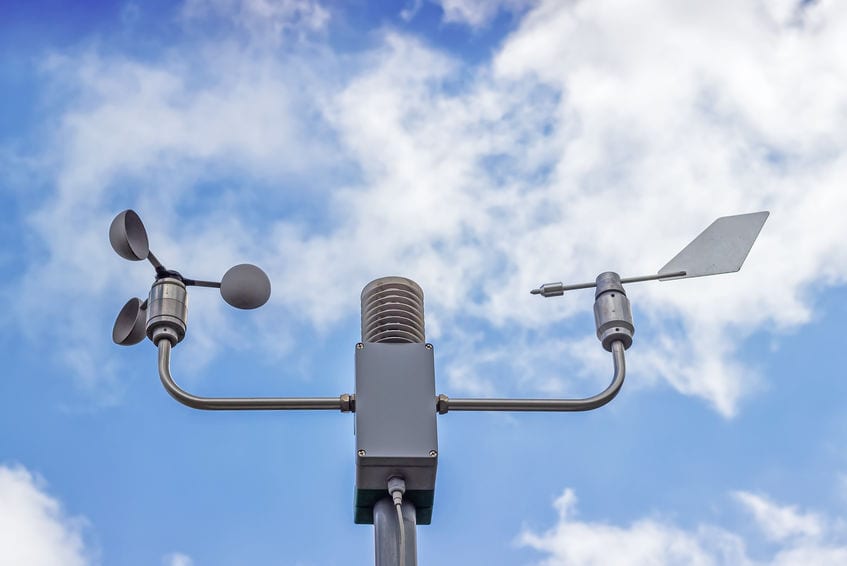
Maritime Salvage
The typical maritime salvage involves the assisting of a vessel in distress, whether that is a sailboat

“Brandon Jones sits atop a buoy which washed ashore 250 miles from its deepwater mooring onto Pensacola Beach with valuable meteorological equipment still attached to it. Hurricane Harvey (August 2017) caused the buoy to dislodge and be lost for several weeks.”
Up on jetties, a powerboat that is sinking, or a barge which has broken its moorings. However, to be eligible for a maritime award a salvor does not have to save any one of these traditional maritime properties. That was the case recently for Brandon Jones and his family, who found and saved meteorological equipment owned by Texas A & M University. Here’s the story.
Brandon and his family were on Pensacola Beach in the fall of 2017. This is weeks after Hurricane Harvey had struck the Houston area and caused great damage. Apparently, one other damage caused by Hurricane Harvey was the dislodging of certain valuable meteorological equipment which had been only recently placed by Texas A & M’s meteorological department professors and graduate students. The equipment had been placed 1000 meters deep and tethered to a buoy off the coast of Louisiana. This valuable equipment was placed near the site of the Deepwater Horizon oil spill of 2010. Not only was the equipment itself valuable but the information on the equipment was of value—especially to those graduate students who were counting on having that information in order to complete their dissertations.
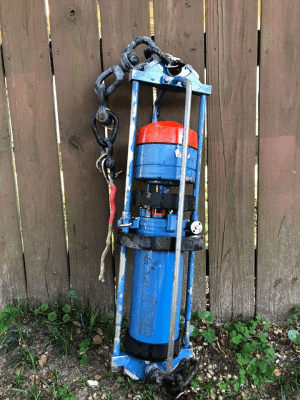
Brandon Jones family returned the equipment to a very happy meteorological department at Texas A & M.
This type of maritime salvage points out several important elements of marine salvage law.
Marine salvage—even of meteorological equipment—requires three elements under the maritime law:
- The thing (vessel, barge, equipment, etc.) must be under marine peril.
- There is no prior contract between the owner and the salvor for the salvor to render services.
- The salvage must be successful in part or in whole.
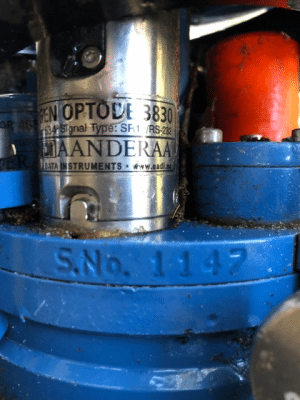
These three elements are required under the maritime law regardless of the type of property saved.
A couple of other aspects of this case are also worth noting:
- Maritime salvage does not require that the salvor use a vessel. (Brandon and his family located the equipment and saved and stored it without the use of a vessel.)
- A person does not have to be a professional salvor in order to perform a maritime salvage or to get paid for a salvage.
- The thing (known as a “res” in the law) saved does not have to be a vessel.
- Though there was arguably not much danger to Brandon’s family, there was a danger to the equipment. Maritime courts have recognized even stranded boats can be heavily vandalized, but for the actions of a salvor to protect the boat.
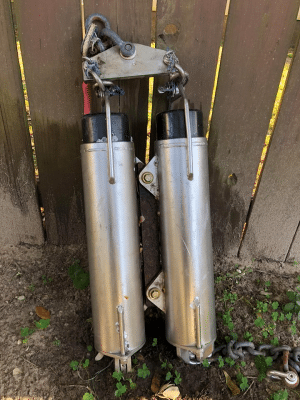
Texas A & M has agreed to pay Brandon and his family a fair amount for their work. This demonstrates the overwhelming merits of maritime salvage. The property is not lost. This property is returned to its owner. The salvor gets rewarded for his efforts.
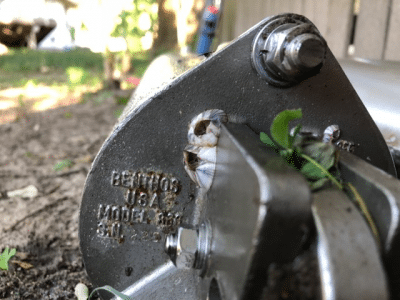
- Brandon Jones recently contacted us here at the 888BOATLAW firm and we assisted him and contacted Texas A & M University for Brandon and his family regarding this maritime salvage. We reproduce his photos with his permission.
